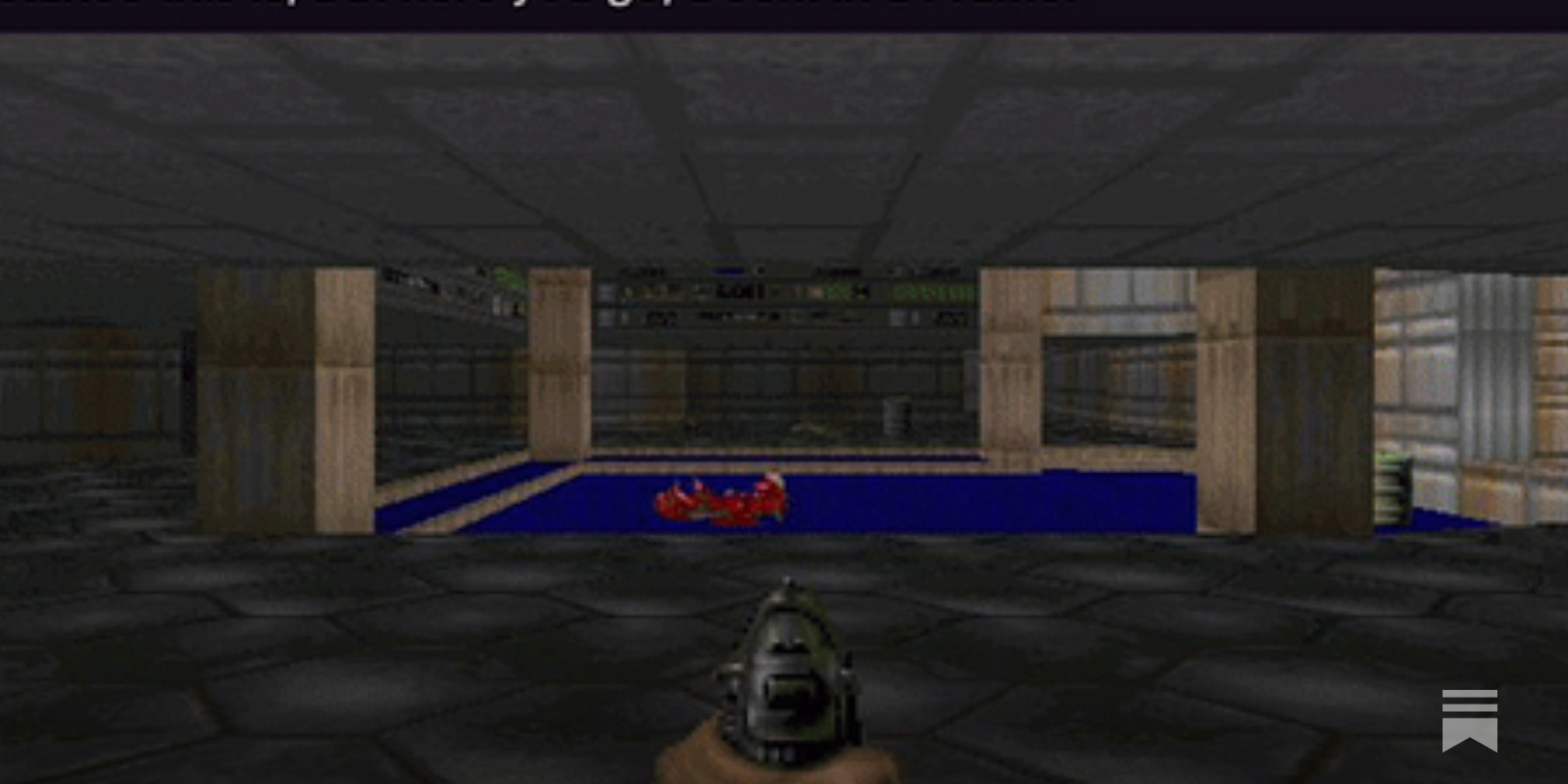  Why Farcaster Frames are important (Spindl) (spindl.xyz) | |
mhh, a lot of this post from agm hinges on the idea that Farcaster frames could not have been built in the early days of Facebook as the composable identity layer with a shared state storage layer (blockchains) had not conceptually existed. However, I do not think this is necessarily true. The authorization is from the user's platform to the developer, e.g., within Warpcast, the app signs a message for the user and sends it to the developer's frame server. The developer can ecrecover the message signature and match the address with the Farcaster user ID. But this would have been absolutely possible to do for Facebook. Their server could expose a mapping between addresses and user IDs. When a user clicks a Facebook frame, the app will sign and post a message to the developer's server. The developer would ecrecover the message and could look up the mapping between the address and Facebook user ID. And then, if this is the case, I fall back to my original thesis for this stuff: Facebook et al. didn't do this because their incentives with users were (and are) dramatically misaligned. I second the misalignment in incentives. Additionally, a shared state through blockchains is more of a technical advantage for certain ownership-focused use cases. Take interoperable in-game assets for example. Games in frames (I'm going to copyright this) on FC could have shared assets that enrich the experience unlike what an Epic Games would do for its own games alone. Notice that I say "would" and not "could" because this too ultimately comes down to incentives. But for the rightly incentivised, the blockchain just makes it easier. | |




